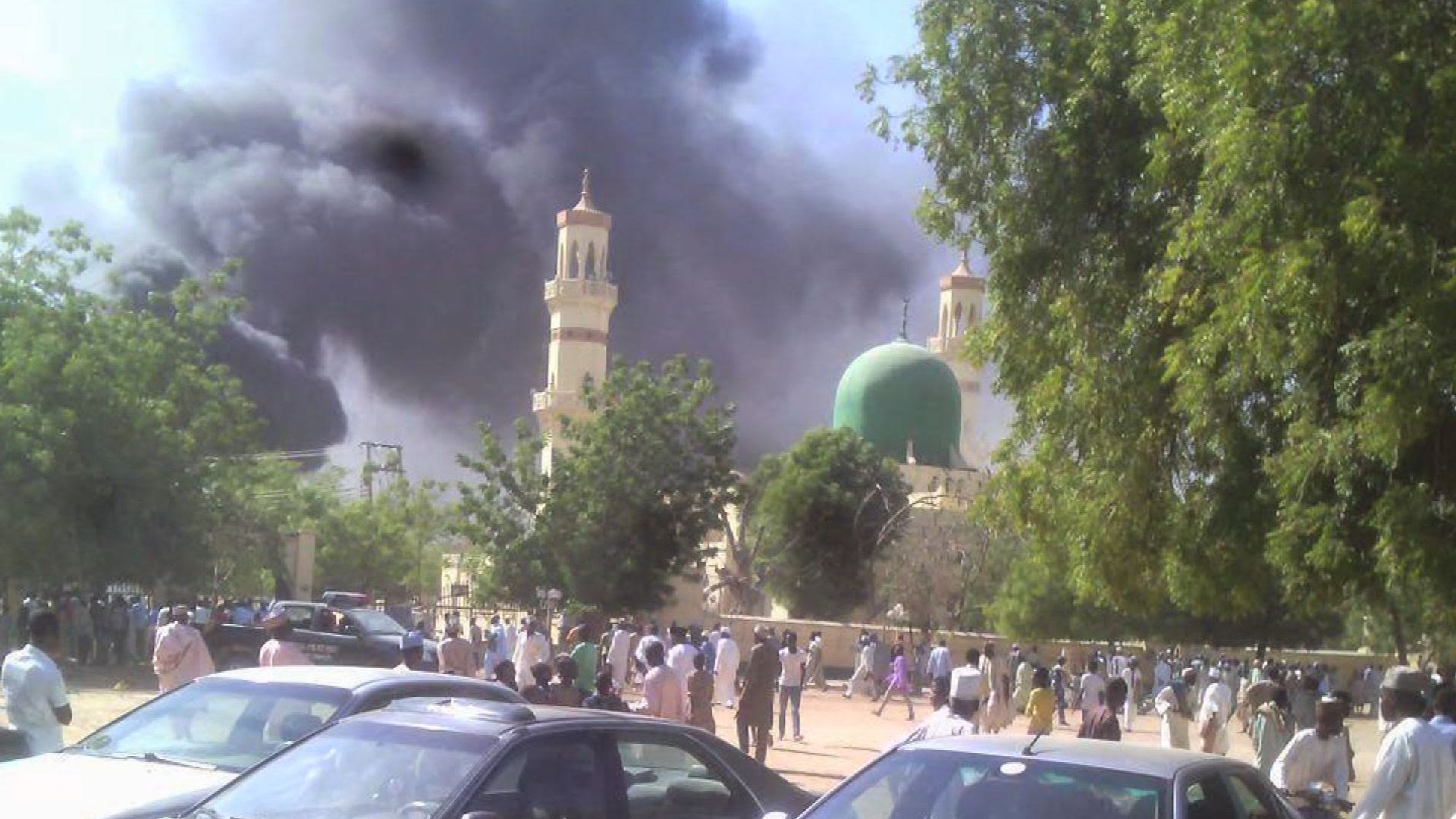
A deadly assault on a mosque in Nigeria’s Katsina State has left at least 30 people dead, authorities confirmed, in one of the latest outbreaks of violence in the region.
The attack occurred at dawn on Tuesday, August 19, in the town of Unguwar Mantau, Malumfashi, as worshippers gathered for morning prayers.
Witnesses described the scene as chaotic and terrifying.
“Nine people were killed instantly, and many more died later,” said Nura Musa, a local resident.
The death toll has since risen to 32, with several others injured. Reports also indicate kidnappings in nearby villages, though details remain scarce.
The assailants, described locally as “bandits,” are believed to have launched the attack in retaliation against a local self-defense militia.
These groups, formed to compensate for the limited presence of state security forces, regularly patrol rural areas to repel criminal gangs. Some of the militiamen themselves were among the first victims of the attack.
The incident comes despite recent peace agreements signed in Katsina State aimed at curbing violence in parts of the region. Malumfashi, however, was not included in these truces.
Residents expressed frustration, warning that some gangs are exploiting the agreements to regroup and plan new attacks.
For years, northwestern and central Nigeria have been plagued by armed criminal groups collectively known as “bandits.”
Initially emerging from herder-farmer conflicts over land and water, these gangs have evolved into organised criminal networks engaged in cattle rustling, kidnapping for ransom, and extortion, exploiting weak state presence in rural communities.
Local populations live in persistent fear. “Our people can no longer live in their villages because of these incessant attacks,” said Aminu Ibrahim, a regional official.
While federal and state authorities have promised to strengthen security, residents continue to call for sustained and effective protection against recurring violence.
The attack highlights the ongoing security challenges in Nigeria’s northwest, underlining the fragility of local peace efforts and the urgent need for comprehensive measures to safeguard civilians in conflict-prone areas.



